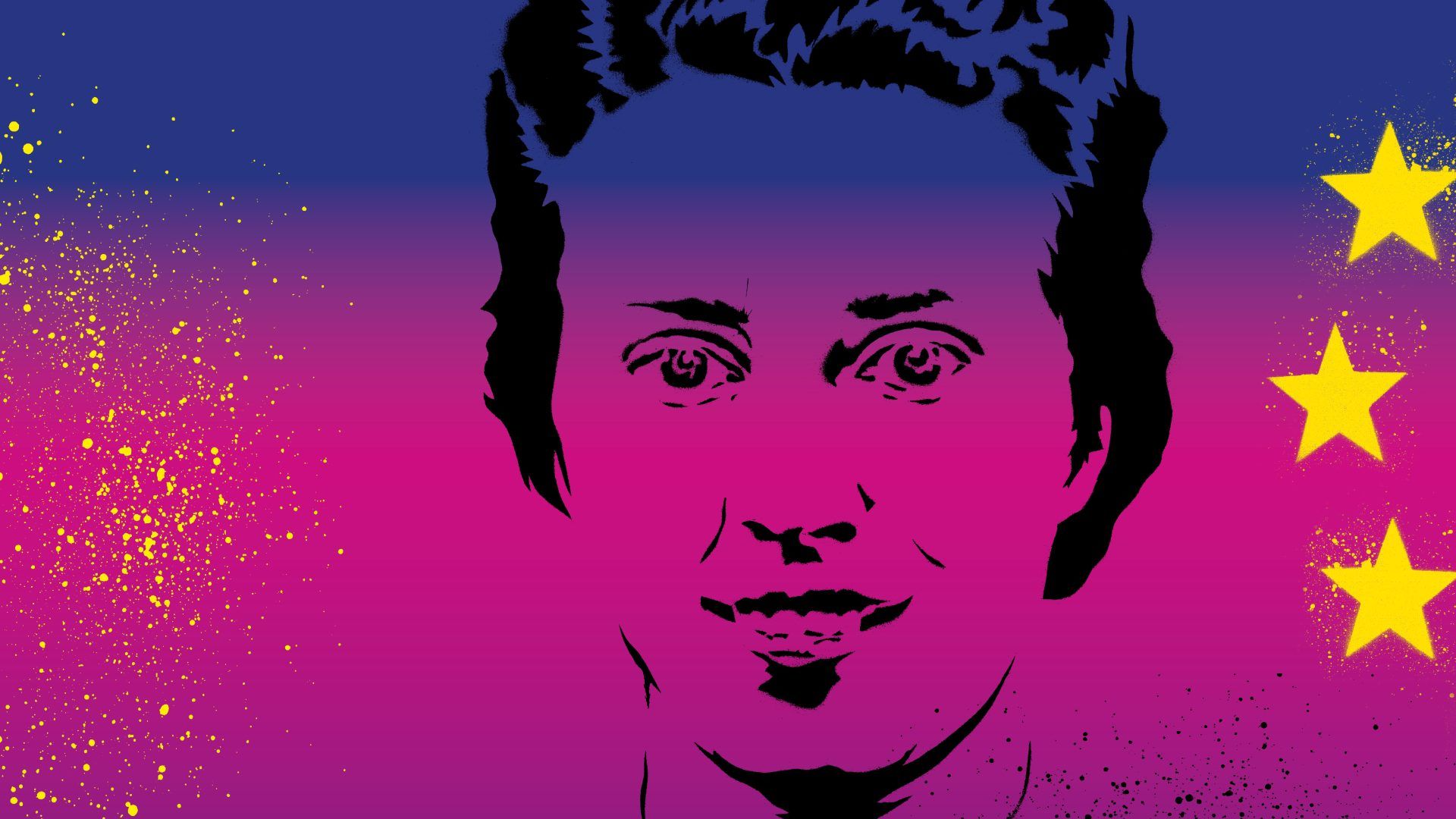Introduction
The exhibition ‘Pioneer Women of the European Union’ is a tribute to ten exceptional women who contributed to the development of the Europe we know today. Resistance fighters and Holocaust survivors, outstanding professionals in the political, scientific and cultural spheres, these women inspired today’s European Union. Many of them strove to put an end to the horrors of two world wars and promoted the fundamental values of the EU, both from the European institutions themselves and from political activism. Some, in fact, came to preside over the European Parliament, being an example of leadership and commitment. All of them defended the European values of equality, freedom, democracy, solidarity, diversity and respect for human rights.
Download the Exhibition Catalogue here (PDF)
Anna Lindh
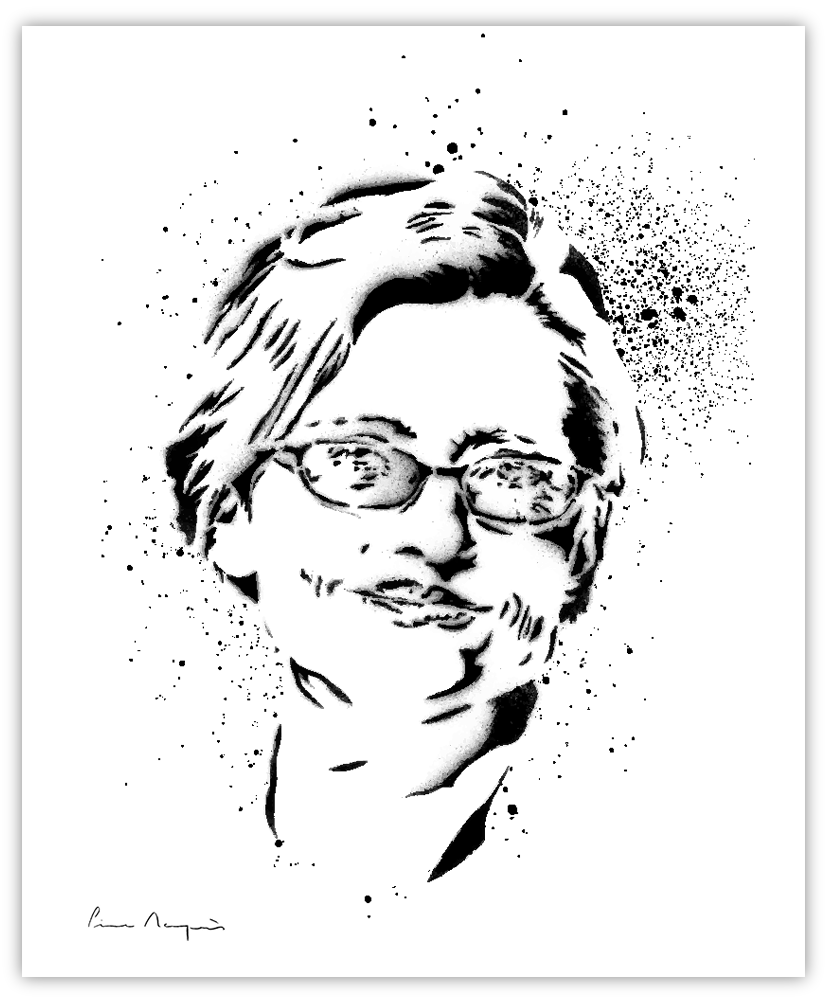
Born in Stockholm in 1957, Anna Lindh was one of the most influential figures in modern Swedish politics and a prime mover in Sweden’s participation in the European project.
She had a reputation for being a straight talker and outspoken, especially on human rights issues. Lindh became involved in politics at the age of 12 by joining the Swedish Social Democratic Youth League. Following her studies in law at Uppsala University, she was elected to the Swedish Parliament (1982), and served as Minister for the Environment (1994) and Minister for Foreign Affairs (1998).
In 2001, her diplomacy was instrumental in averting war in the former Yugoslav Republic of Macedonia (now North Macedonia). Thanks to her role as the European Union’s chief envoy, she achieved cooperation between the Member States, thus halting the escalation of the conflict.
Subsequently, in 2003, she led the Swedish government’s campaign for a ‘yes’ vote in the referendum on adopting the euro in Sweden. Three days before the referendum, Lindh was assassinated by an unknown assailant while shopping in a Stockholm department store, shaking Sweden and Europe. However, her legacy lives on in the many initiatives created in her memory, most notably the Anna Lindh Euro-Mediterranean Foundation for the Dialogue Between Cultures, a network of civil society organisations dedicated to fostering intercultural dialogue in the Mediterranean region.
Clara Campoamor
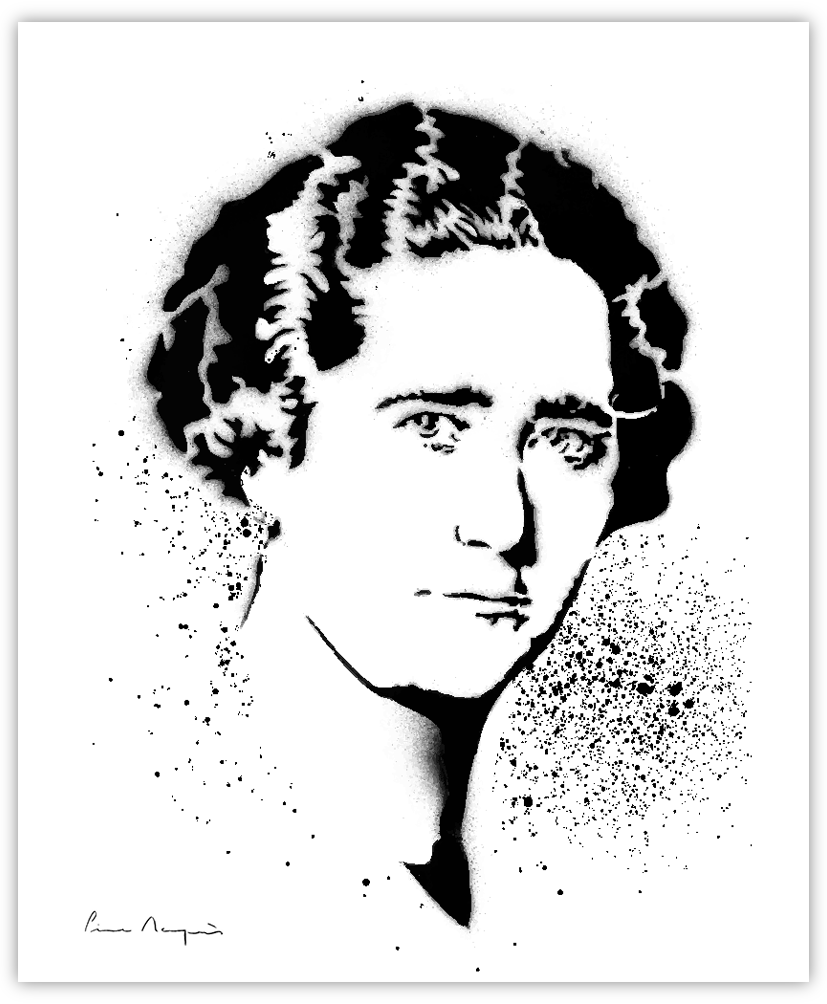
Clara Campoamor, a prominent lawyer and politician, was the main advocate for women’s suffrage in Spain.
Born in Madrid in 1888, she worked from an early age to help with the household expenses. At the age of 36, she graduated in law, becoming one of the few women lawyers in Spain at the time and the second woman to join the Madrid Bar Association. Campoamor participated in various intellectual circles and European congresses, giving lectures on women’s rights.
In 1931, Campoamor was a member of the commission that drafted the new Spanish Constitution and was elected as a deputy for the Radical Party in the Constituent Assembly, where she tenaciously fought for women’s right to vote, the law on divorce, non-discrimination on the grounds of gender, legal equality for children born out of wedlock and the abolition of prostitution.
With the outbreak of the Spanish Civil War, Campoamor went into exile in Switzerland and later in Buenos Aires, where she lived until 1955, working as a translator, columnist and writer. Campoamor was never able to return to Spain, on account of an accusation she belonged to a Masonic lodge, which could have resulted in a 12-year prison sentence. She passed away in 1972 in Switzerland, where she had continued to work as a lawyer.
In 2021, the European Parliament decided to name one of its buildings in Brussels after her, in recognition of her commitment to women’s rights and non-discrimination on the grounds of gender.
Louise Weiss
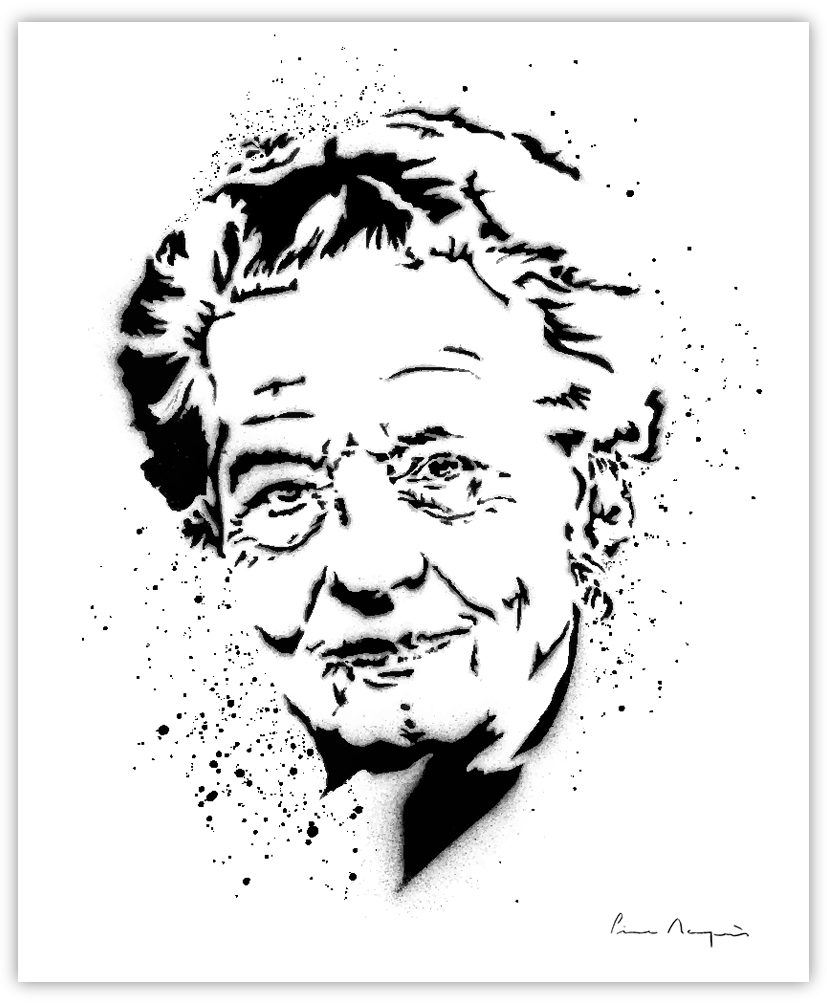
Louise Weiss, an advocate of European values and women’s rights, dedicated her life to promoting peace through journalism and feminist and anti-war activism.
Born in France in 1893, Weiss studied literature at university. During the First World War, she set up a small military field hospital in Brittany. In 1918, she began her career as a journalist, using her writings to “make war on war”.
In the 1930s, she focused on the struggle for women’s rights, calling for women’s suffrage through demonstrations and publications. Meanwhile, Weiss was actively involved in helping those affected by the rise of Nazism, for example, by arranging visas for Jews fleeing Germany and Austria. During the war, Weiss joined the cause of the French Resistance, editing the underground newspaper La Nouvelle République.
After the Second World War, Weiss urged Europe to promote democratic values around the world and to stand as a counterweight to the superpowers during the Cold War. In 1979, she won a seat in the first elections to the European Parliament and delivered the inaugural speech at its opening session. In addition, she was an MEP for the European Progressive Democrats until her death in 1983. In 1999, the European Parliament named its main building in Strasbourg, the location of the European Parliament’s hemicycle, after her, in recognition of her lifelong work to promote European values.
Marga Klompé

Margaretha ‘Marga’ Klompé was a Dutch scientist, professor and politician, a leading advocate of human rights in the early European institutions.
Born in 1912, Klompé’s childhood was marked by family poverty, an experience that would profoundly influence her throughout her life. She graduated with a degree in mathematics, went on to become a physics and chemistry teacher and began studying medicine, but cut short her studies to join the Dutch resistance during the Second World War. After the war, she embarked on a political career, initially representing Dutch women’s organisations at the UN General Assembly and later as a member of parliament for the Catholic People’s Party in the Netherlands.
In 1952, Klompé became the first female member of the European Coal and Steel Community (ECSC)’s Common Assembly, the forerunner of today’s European Parliament, where she addressed humanitarian issues. In 1956, she returned to national politics as Minister for Social Work, becoming the first woman minister in the Netherlands. One of the most notable achievements during her term of office was the passing of the Law on Universal Social Protection, which recognised the right to social protection for all. From 1966 to 1971, she was Minister for Culture, Recreation and Social Work. In 1971, she was given the title of Minister of State, an honour bestowed on senior politicians.
A person of great humanity and strong convictions, Klompé continued to campaign for international justice and social responsibility until her death in 1986.
Melina Mercouri

Maria Amalia ‘Melina’ Mercouri, Greek actress, politician and anti-fascist, was one of the main driving forces behind European cultural unity.
Born in 1920, Mercouri began her career acting in theatres in Greece and Paris. She gained international recognition through her starring role in the film Never on Sunday. This role led her to Broadway, where she was in 1967 when the “Regime of the Colonels” came to power in Greece following a military coup d’état. In New York, Mercouri became one of the most prominent leaders of the expatriate movement to overthrow the junta. When democracy was restored, Mercouri returned to Greece and was elected to the Greek Parliament for PASOK (Panhellenic Socialist Movement) in 1977, and was later appointed Minister for Culture. During the Greek Presidency of the EU Council in 1983, Mercouri championed the ‘European Capital of Culture’ initiative, which is still being celebrated today and that aims to strengthen a shared cultural awareness in Europe.
Her influence in Europe was consolidated in 1988 with the second Greek Presidency of the Council, thanks to her campaign to promote cooperation with Eastern European countries. In this respect, she was one of the foremost promoters of the European Cultural Month initiative. Mercouri was a strong advocate of culture as a tool for dialogue and cooperation until her death in New York in 1994.
Nicole Fontaine
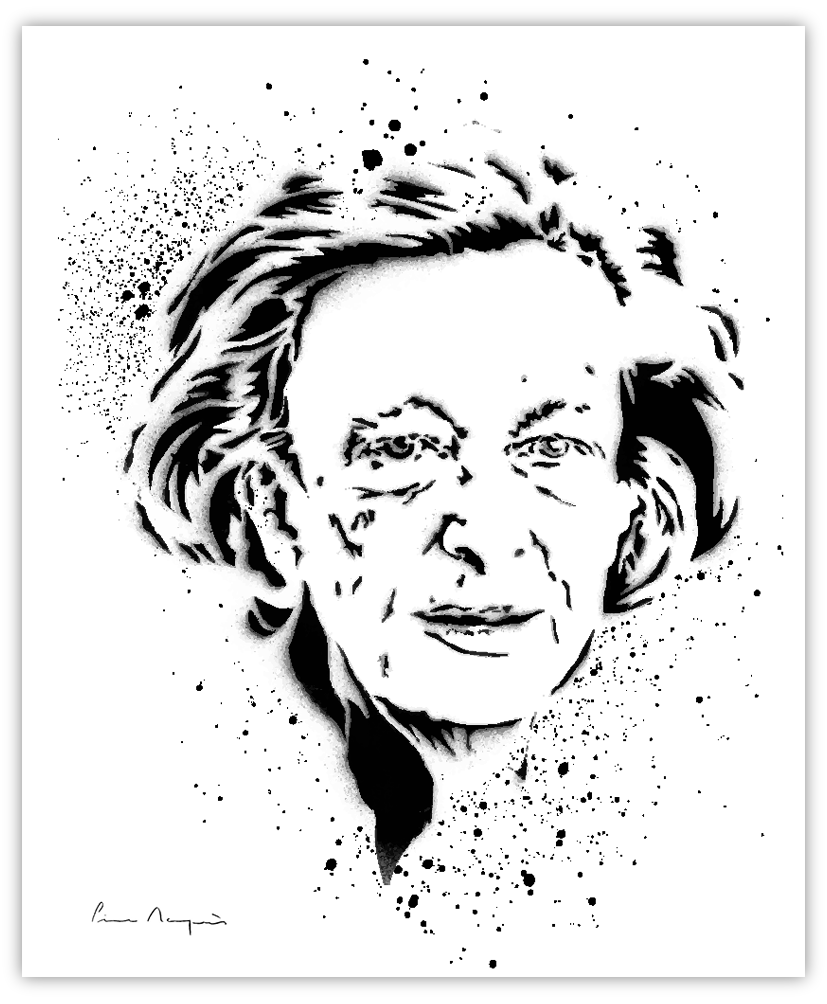
Nicole Fontaine, a lawyer, politician and fervent advocate of a citizens’ Europe, was the second woman to hold the presidency of the European Parliament.
Fontaine was born in 1942 in a village in Normandy, France. She studied law and began her career as head of relations between the private education sector and public authorities at the Catholic Education Secretariat. Subsequently, she played a major role in the legislative and statutory changes that shaped the legal framework of French education: she was one of the main instigators of the protest against François Mitterrand’s socialist plan to create a national, secular and republican education system, which was ultimately rejected.
In 1984, she was elected to the European Parliament and subsequently served twice as its Vice-President, before being appointed President in 1999. Within the European institutions she focused on projects concerning youth education, women’s rights and gender equality.
One of the highlights of her presidency, which illustrates her commitment to reconciliation, is the handshake in Strasbourg between the President of the Knesset (Israeli Parliament) and the President of the Palestinian Legislative Council in 2000. Until her death in 2018, Fontaine played an active part in the debate on how to improve the European Union. Her devotion to European ideals was recognised during her lifetime by a number of awards, including the Robert Schuman Medal.
Leonilde Iotti
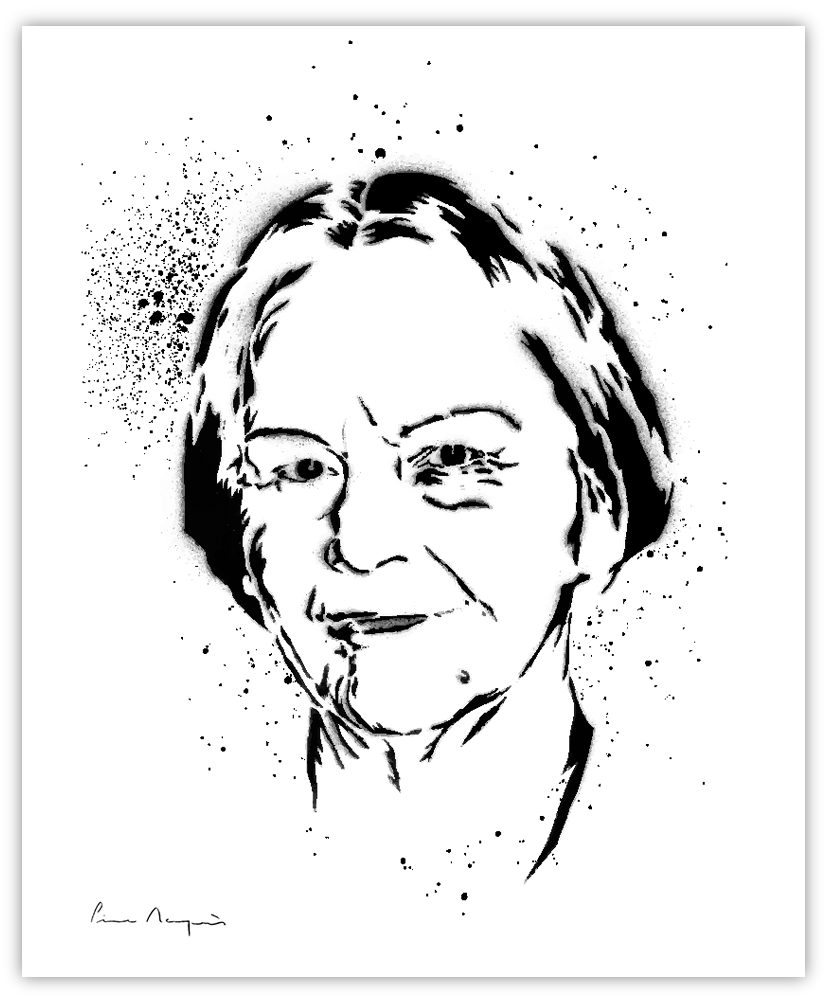
Leonilde Iotti, an advocate of universal suffrage and a committed Europeanist, is considered the founding mother of the Italian Republic.
Born in 1920, Iotti studied literature and philosophy at Milan’s Catholic University. After fighting in the resistance during the Second World War, she became a prominent figure in the Italian Communist Party (PCI) and a leader of the Union of Italian Women. In 1946, she was a member of the Constituent Assembly, the parliamentary chamber responsible for drafting the new Constitution of the Republic.
Two years later, she joined the Chamber of Deputies, an institution over which she would preside thirty years later. Iotti was the only woman to hold that office. During her parliamentary life, she championed women’s rights, campaigning, among other things, for the introduction of divorce and abortion laws.
Iotti worked hard to modernise the PCI and to promote European integration as a driving force for positive social transformation. In 1969, she was elected to the European Parliament as part of the Italian delegation and in its first direct elections, in 1979, she won a seat. During her time as an MEP she pushed for direct elections to the European Parliament to give the institution an unshakeable mandate and greater credibility with the public. In 1997, Iotti was elected Vice-President of the Council of Europe. Two years later, she announced her resignation from political life after 53 years of service. She died at the age of 79 in 1999.
Simone Veil
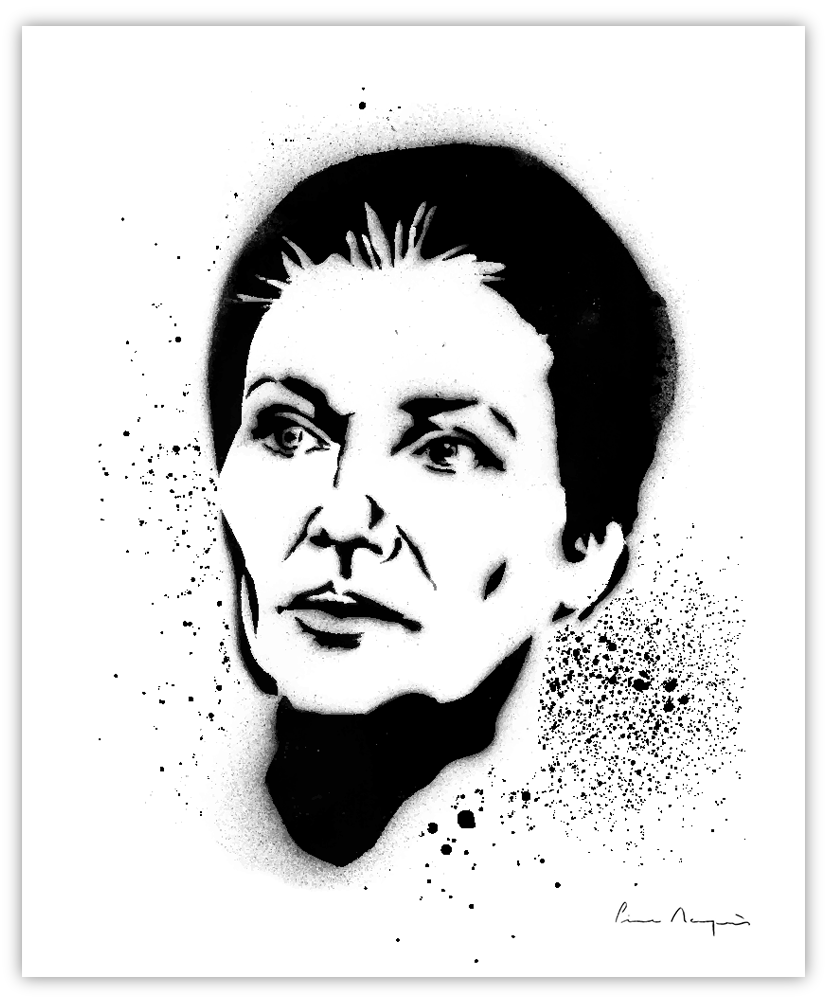
Born in Nice (France) in 1927 into a Jewish family, Simone Veil was the first woman President of the European Parliament.
During the Second World War, Veil was arrested and deported to the Nazi concentration camps at Auschwitz-Birkenau, Bobrek and Bergen-Belsen, where her parents and one of her siblings died. Experiencing the Holocaust and the war in Europe were experiences that pushed Veil to become deeply committed to the preservation of the memory of Jewish citizens and to European values and unity.
After the war, Veil returned to Paris to study law and political science and later became the first woman to be appointed Secretary General of the High Council of the Judiciary. In 1975, she began her political career as Minister for Health in the French government, where she pushed through the law legalising abortion.
In 1979, she was elected to the European Parliament and was immediately appointed President of the institution, becoming its first female leader. After 14 years in the European Parliament, Veil returned to French politics, serving as Minister of State and Minister of Health and Social Affairs. In 2001, she became the first president of the Foundation for the Memory of the Shoah. Simone Veil passed away in 2017 and her remains were interred in the Pantheon mausoleum in Paris. In 2011, the esplanade in front of the main European Parliament building in Brussels was named the “Agora Simone Veil” in her honour.
Sophie Scholl
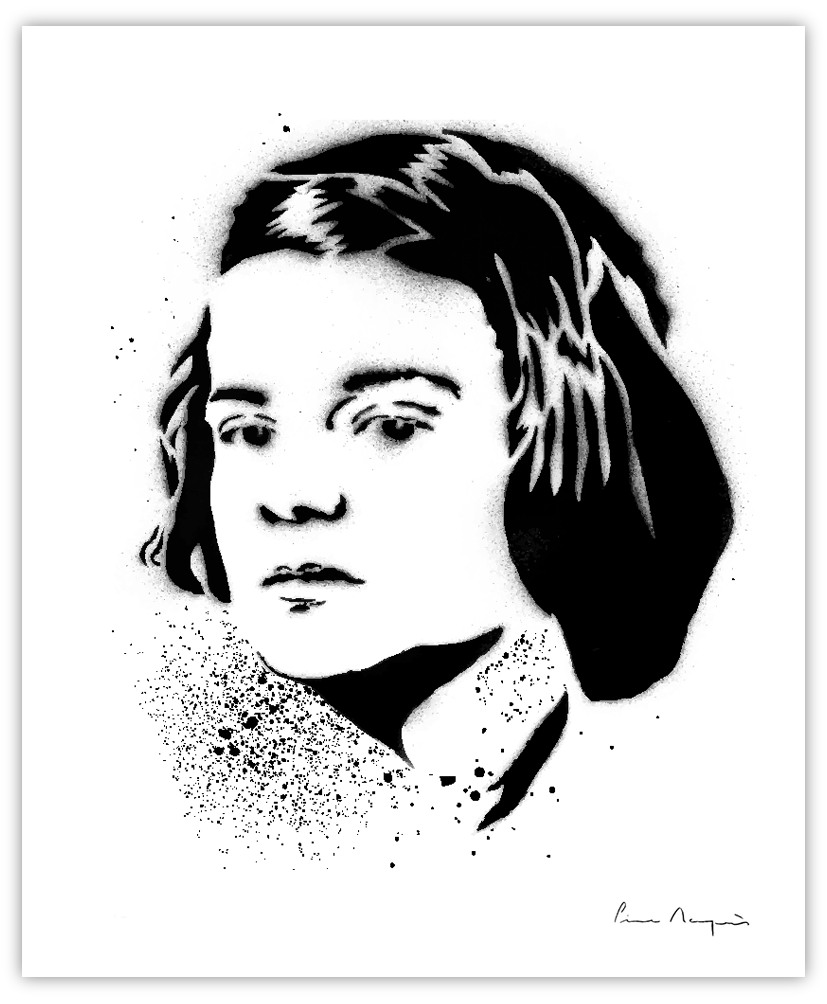
Sophie Scholl, born in 1921 in Forchtenberg, Germany, was a leader and activist in White Rose, a non-violent student resistance movement against the Nazi regime.
In 1942, Scholl began studying biology and philosophy at the University of Munich, where she joined the “White Rose” movement, of which her brother Hans was a member. The movement advocated the values of solidarity and fraternity among European citizens, as exemplified in the fifth pamphlet they distributed: “Only in large-scale cooperation among the nations of Europe can the ground be prepared for reconstruction. (…) Freedom of speech, freedom of religion, the protection of individual citizens from the arbitrary will of criminal regimes of violence – these will be the bases of the New Europe.”
In February 1943 she and her brother Hans were arrested by the Gestapo after distributing anti-Nazi propaganda. They were sentenced to death for treason, and executed.
Decades later, they remain iconic: schools, streets and awards bear the name “White Rose” and, recently, the European Parliament named one of its buildings “Sophie Scholl”.
Ursula Hirschmann
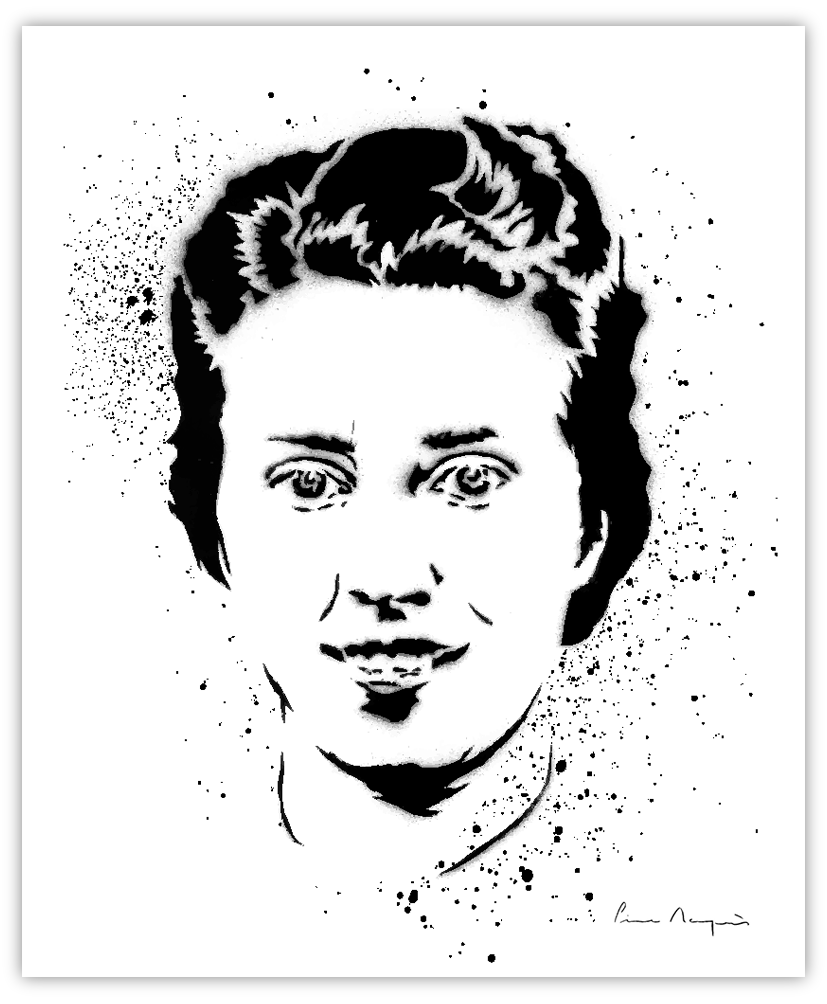
Ursula Hirschmann was a staunch anti-fascist activist and is considered the founder of European federalism.
Born into a Jewish family in Berlin in 1913, Hirschmann was politically active from an early age. In 1933, she moved to Paris with her brother Albert because of the rise of Nazi repression in Germany. There she met Eugenio Colorni, a socialist philosopher, whom she married in Italy, the next destination during her exile. In Italy, the couple became heavily involved in the anti-fascist movement in Italy. However, this activism led to Colorni’s arrest and imprisonment on the island of Ventotene.
Hirschmann accompanied him to Ventotene, where she met other anti-fascist intellectuals with whom she secretly drafted the Ventotene Manifesto “for a free and united Europe” on cigarette papers. This text was both a political statement and a blueprint for a democratic federation of Europe, calling for a break with Europe’s past and far-reaching social reform.
In 1943, together with other activists, Hirschmann founded the “European Federalist Movement” and, two years later, took part in the first international federalist congress in Paris. Hirschmann’s political commitment did not end after the Second World War. In 1975, she set up the association Femmes pour l’Europe (Women for Europe) in Brussels, a movement that brought together women from both feminist and political circles and that continues to advocate for gender equality to this day. Ursula Hirschmann passed away in Rome in 1991.
About the artist
Pierre Marquès (Béziers, France, 1970) has lived in Barcelona since 1998. Since 2007, he has been working on an immense series of paintings entitled “Mon manège à moi”. His work includes paintings, stencils, classical drawings, visual poems, photographs and videos. Today he continues to play with his Kalashnikovs while preparing a retrospective in Barcelona (Centre d’Art Santa Mònica, Generalitat de Catalunya, October 2013) and a show in Paris (Scrawitch – Galerie 6bis). He has just completed a graphic novel, “Tout sera oublié”, in collaboration with Mathias Énard, which was published by Éditions Actes Sud in March 2013. His most recent work is primarily based on historical memory: he has several projects underway, including books, paintings and video installations that will be shown at the Centre d’Art Santa Mónica in Barcelona in 2013.
The exhibition is a joint project by the EUROM and the Office of the European Parliament in Barcelona.
Related Press
Survey
This exhibition is co-financed by the European Commission and for its evaluation we kindly ask your collaboration in filling out this survey. It will take about 10 minutes, and you will need the information indicated below. Thank you very much!
- Reference of the Project: 101104202
- Kind of activity: Awareness-raising
- Title: Commemoration of Europe Day
- Date of the activity: 09/05/2023
- Duration of the event in days: 15
- Hybrid

